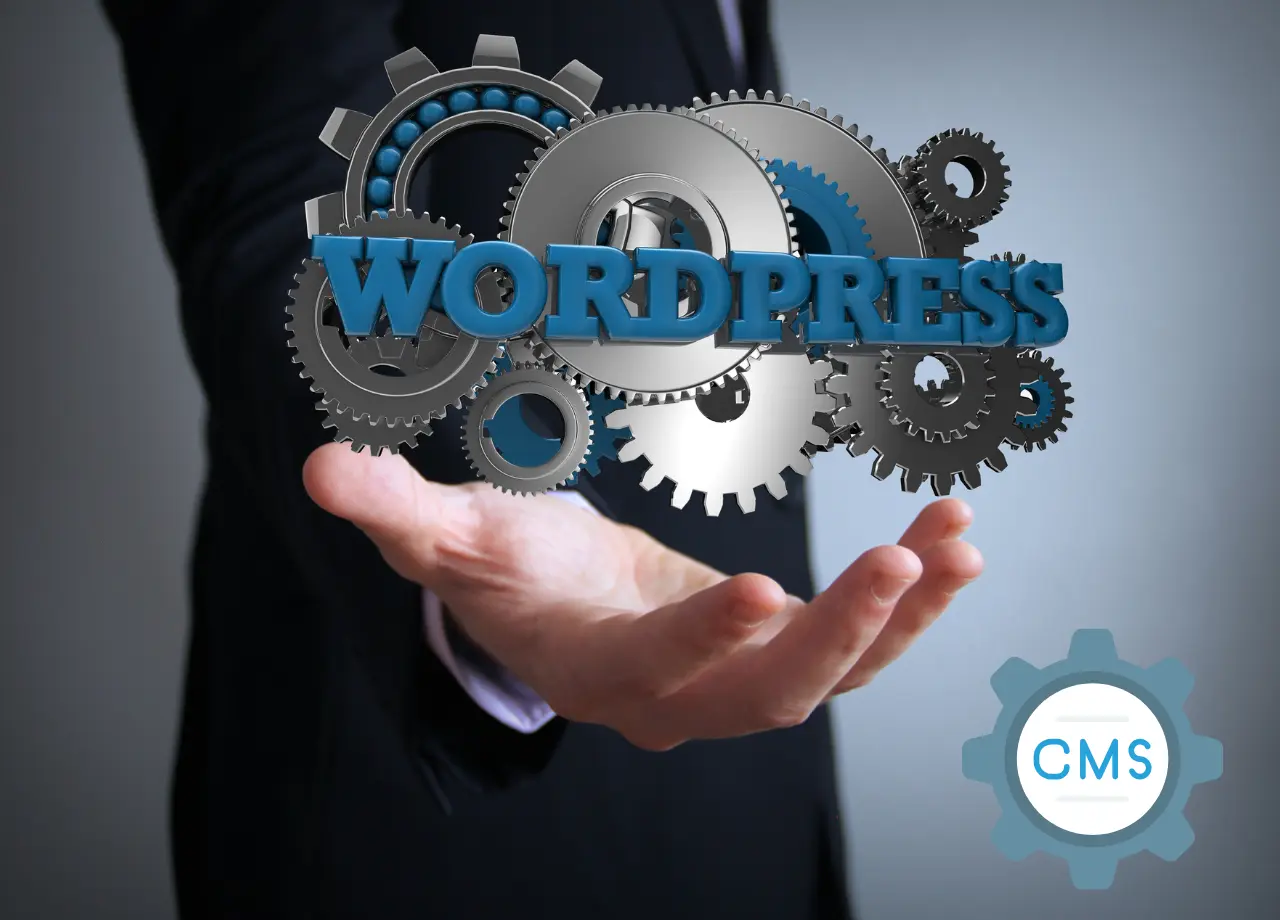Menu
Launching an e-commerce store is an exciting journey, but with so many platforms to choose from, the decision can be overwhelming. If you’re like most entrepreneurs, you’ve probably encountered two of the most popular options: Shopify and WordPress with WooCommerce. Both platforms offer unique features, but which one is right for your business? At Bizz Boost, we empower entrepreneurs by helping them make the best choices for their success. In this blog, we’ll explore Shopify vs. WordPress, highlighting their strengths and weaknesses and helping you unlock the secret to your perfect e-commerce store.
Selecting the right e-commerce platform is crucial for establishing a successful online store. Your platform affects everything from design flexibility and user experience to scalability and long-term business goals. Whether you’re starting a new store or migrating from another platform, understanding your options is vital.
Shopify is a well-established, all-in-one e-commerce platform known for its simplicity and comprehensive feature set. Specifically designed to streamline the process of building, managing, and scaling an online store, Shopify stands out as a leading choice for entrepreneurs.
Shopify comes with an array of built-in tools that make it easier to manage your online store. These features include:
This integrated approach means you won’t have to rely on third-party tools for essential functions. Shopify is ideal for entrepreneurs who want a hassle-free experience with minimal complexity.
One of the most attractive aspects of Shopify is its user-friendly interface. It’s designed for non-technical users, so setting up your online store doesn’t require coding knowledge. Shopify’s drag-and-drop builder and hundreds of pre-designed themes make it simple to create an attractive, functional store with little effort.
Shopify is built to scale with your business. Whether you’re selling a handful of products or managing an extensive catalog, Shopify can handle high-traffic volumes and large inventories. This scalability ensures you won’t outgrow your platform as your business expands.
Shopify provides 24/7 customer support, including live chat, phone support, and email. This can be invaluable for store owners who need assistance at any time, especially outside of regular business hours.
While Shopify offers a robust suite of tools, it comes with a subscription fee. The cost varies based on the plan you select and covers hosting, security, and built-in features. Be sure to account for these ongoing costs as part of your budget planning.
WordPress combined with the WooCommerce plugin offers incredible flexibility and customization options. This combination gives you complete control over your website’s design and functionality, making it a popular choice for those with more technical expertise.

WordPress is renowned for its customizability. With thousands of themes and plugins, WordPress offers a level of flexibility unmatched by many platforms. If you have a specific vision for your store, WordPress allows you to bring it to life with minimal restrictions. Unlike Shopify, which is a closed platform, WordPress is an open-source platform, allowing you to have complete control over the code and implement any custom features you need.
While WordPress itself is free, you will need to invest in hosting, themes, plugins, and possibly professional services for setup and maintenance. The initial investment can be lower than Shopify, especially if you already have hosting or technical skills. For budget-conscious entrepreneurs, WordPress with WooCommerce can be an appealing option.
WordPress is a content-first platform, which means it’s inherently strong in SEO (Search Engine Optimization). With full access to tools like the Yoast SEO plugin, WordPress enables you to optimize every aspect of your site. This provides you with the tools to drive organic traffic and enhance your store’s visibility.
When you choose WordPress, you have complete control over your website and its data. You own the code, the design, and everything related to your store. This level of ownership is particularly beneficial for businesses that want to have complete autonomy over their website’s performance, security, and growth.
One of the main drawbacks of using WordPress with WooCommerce is its learning curve. Setting up a store on WordPress requires a certain level of technical knowledge and involves more customization effort than setting up a store on Shopify. If you lack the necessary skills, you may need to hire a developer for setup and ongoing maintenance.
Now that we’ve covered the pros and cons of each platform let’s break down which option is best suited for your business.

Both Shopify and WordPress, with WooCommerce, are powerful platforms; however, the right choice depends on your unique business needs and goals. Shopify is ideal for those seeking a straightforward, all-in-one solution with integrated tools for managing an online store. WordPress, combined with WooCommerce, offers unmatched customization and flexibility, making it an ideal choice for those who want to build a more unique or content-driven online store. Ultimately, the best platform for your business will depend on factors like budget, technical expertise, growth plans, and store features. By carefully evaluating the strengths of each option, you can make an informed decision and choose the platform that will help you succeed in the competitive world of eCommerce.
Bizz Boost is a leading UK-based web design agency offering expert services in website design, development, SEO, SEM, and SMM. We specialize in helping businesses enhance their online presence and achieve measurable growth in the ever-evolving digital world.